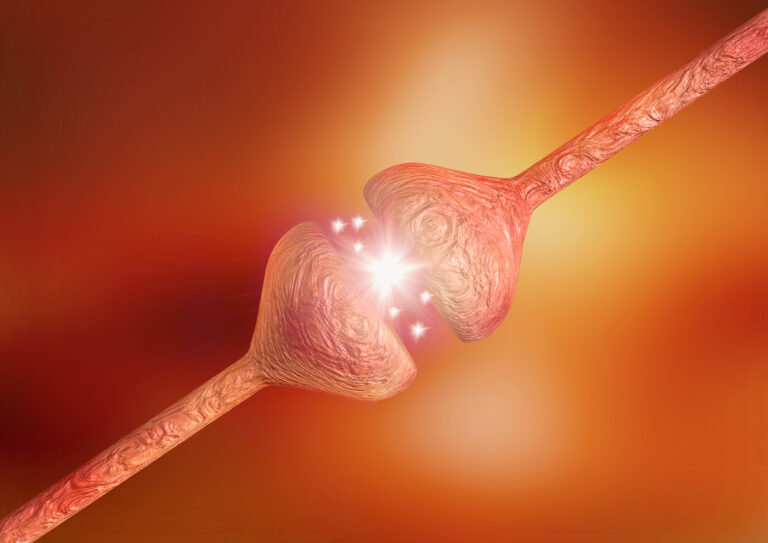
Folic acid, also known as vitamin B9 or folate, is an essential nutrient that plays a crucial role in many bodily functions, such as the formation of red blood cells and the synthesis of DNA and RNA. It is particularly important for pregnant women, as it helps prevent neural tube defects in developing fetuses.
Folic acid is a B-vitamin, specifically known as vitamin B9. It is a water-soluble vitamin that is essential for various processes in the body. Folic acid and folate are often used interchangeably, but folate refers to the naturally occurring form found in foods, while folic acid is the synthetic form used in supplements and fortified foods.
Folic acid plays a crucial role in several bodily functions, including:
- DNA and RNA synthesis: Folic acid is involved in the formation of nucleic acids, the building blocks of DNA and RNA, which are essential for cell division and growth.
- Amino acid metabolism: Folic acid plays a role in the metabolism of certain amino acids, such as methionine, which is important for protein synthesis.
- Red blood cell formation: Folic acid helps in the production of red blood cells, which carry oxygen throughout the body.
- Homocysteine metabolism: Folic acid, along with vitamins B6 and B12, helps regulate homocysteine levels. Elevated homocysteine levels are associated with an increased risk of cardiovascular disease and cognitive decline.
Folic acid is particularly important for pregnant women, as it helps prevent neural tube defects, such as spina bifida and anencephaly, in developing fetuses. The recommended daily intake of folic acid for adults is 400 micrograms (mcg), while pregnant women are advised to consume 600-800 mcg daily.
Good dietary sources of folate (natural form of vitamin B9) include:
- Leafy green vegetables (e.g., spinach, kale, and collard greens)
- Legumes (e.g., beans, lentils, and peas)
- Citrus fruits (e.g., oranges and grapefruits)
- Fortified cereals and grains
- Nuts and seeds
- Avocado
- Asparagus
It is important to note that the absorption of natural folate from food can vary, and some individuals may have difficulty obtaining sufficient amounts through diet alone. In such cases, folic acid supplements or fortified foods may be necessary. However, it is crucial to consult a healthcare professional before starting any supplementation, as excessive folic acid intake can have potential adverse effects, such as masking vitamin B12 deficiency.
Benefits of Folic Acid for Dementia and Alzheimer’s Disease
Research has suggested that folic acid, along with other B-vitamins like vitamin B6 and vitamin B12, may help reduce the risk of cognitive decline and dementia, particularly in older adults. These vitamins are involved in various processes related to brain function, such as the synthesis of neurotransmitters, maintenance of myelin sheaths, and the regulation of homocysteine levels. Elevated homocysteine levels have been linked to an increased risk of cognitive decline and Alzheimer’s disease.
Adequate intake of B-vitamins, including folic acid, can help maintain healthy homocysteine levels and may contribute to better cognitive health. Some studies have found that supplementation with folic acid and other B-vitamins can slow cognitive decline, improve memory, and reduce the risk of developing Alzheimer’s disease. However, not all studies have shown consistent results, and more research is needed to fully understand the relationship between folic acid and cognitive health.
It is important to note that folic acid should not be taken in isolation but rather as part of a balanced diet that includes other B-vitamins and nutrients. Good dietary sources of folic acid include leafy green vegetables, legumes, citrus fruits, and fortified cereals. If you are considering taking folic acid supplements, it is recommended to consult with a healthcare professional to determine the appropriate dosage and ensure it doesn’t interfere with other medications you may be taking.
As mentioned earlier, folic acid, along with other B-vitamins, plays a significant role in maintaining cognitive health. However, it’s essential to approach supplementation with caution and under the guidance of a healthcare professional. This is because excessive intake of folic acid, especially through supplements, can potentially mask symptoms of vitamin B12 deficiency, which can lead to permanent nerve damage if left untreated.
In addition to maintaining a balanced diet rich in B-vitamins, other lifestyle factors can contribute to better cognitive health:
- Regular exercise: Engaging in physical activities, such as walking, swimming, or yoga, can improve brain function and reduce the risk of cognitive decline.
- Mental stimulation: Challenging your brain through activities like solving puzzles, reading, or learning a new skill can help keep your mind sharp.
- Social interaction: Maintaining an active social life and engaging in meaningful relationships can reduce the risk of cognitive decline and improve overall well-being.
- Adequate sleep: Getting enough quality sleep is essential for proper brain function and the consolidation of memories.
- Stress management: Practicing stress-reduction techniques, such as mindfulness, meditation, or deep breathing exercises, can help protect your brain from the negative effects of chronic stress.
- Healthy diet: Consuming a balanced diet rich in fruits, vegetables, whole grains, lean proteins, and healthy fats can provide essential nutrients for optimal brain health.
- Limit alcohol intake: Excessive alcohol consumption can have detrimental effects on cognitive health, so it’s important to consume alcohol in moderation, if at all.
While folic acid and other B-vitamins are essential for maintaining cognitive health, it’s important to adopt a holistic approach that includes a balanced diet, regular exercise, and healthy lifestyle choices to support overall brain function and reduce the risk of cognitive decline.





